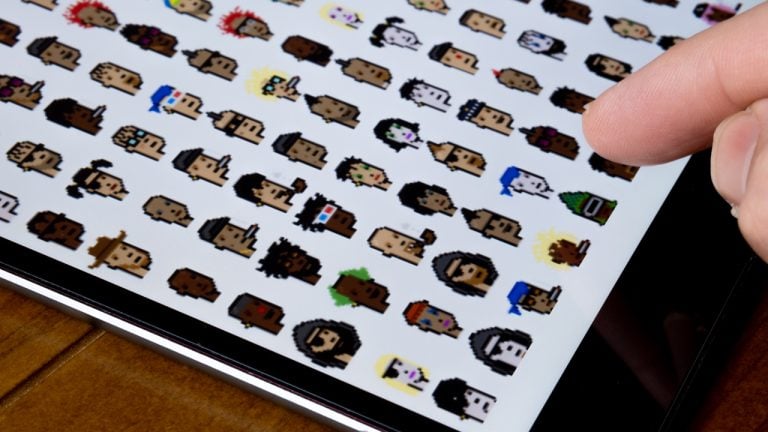
The Bored Ape Yacht Club’s official Twitter account said an investigation confirmed suspicions that UV lights were the likely cause of the reported eye and skin issues suffered by some attendees.
Ultraviolet (UV) lights were the likely culptit behind the reported vision loss, eye pain and skin issues for at least 15 attendees of Yuga Labs’ ApeFest event in Hong Kong last week, the nonfungible token (NFT) conglomerate has confirmed.
On Nov. 5, attendees began reporting eye and skin-related issues after attending ApeFest the day before — which was a free event for Bored and Mutant Ape Yacht Club owners held in Hong Kong.
In a Nov. 9 X (Twitter) post, Yuga’s Bored Ape Yacht Club (BAYC) account confirmed that “UV-A emitting lights installed in one corner of the event was likely the cause of the reported issues.”
The BAYC said the determination came following a joint investigation with Jack Morton Worldwide, the agency that produced ApeFest, which conducted on-site inspections, testing, interviewed the events contractors and looked at equipment logs and specification sheets.
On Sunday, November 5, Yuga Labs began to receive reports that some ApeFest attendees and staff experienced eye pain, vision issues, or skin irritation following the Saturday night community event. These reports were - and continue to be - deeply concerning to us. We immediately…
— Bored Ape Yacht Club (@BoredApeYC) November 9, 2023
UVA is a UV wavelength range accounting for around 95% of the UV radiation that reaches the Earth’s surface, according to the World Health Organization. The United States National Eye Institute says UV light exposure can potentially increase the risk of eye problems.
UVA lights, better known as blacklights, are used for different purposes depending on their wavelength. UVA lights with lower wavelengths are typically used for suntanning beds, while lights with wavelengths closer to the visible light spectrum are used for special effect lighting such as in nightclubs.
The BAYC did not disclose specific details about the kind of UVA lights used at ApeFest.
Related: BAYC creator Yuga Labs completes restructuring to focus on metaverse
The NFT project said it encourages those with symptoms to seek medical help and notify of their exposure to UVA lights.
It also requested those impacted to message them on X, though some commenters on the post noted that DMs on Twitter have been switched off.
“We are saddened that this incident has detracted from the experience of ApeFest attendees,” the project wrote. “We are committed to supporting the recovery of anyone affected.”
Magazine: NFT Creator: Crypto’s ‘pro-rioter’ glitch artist stirs controversy — Patrick Amadon












